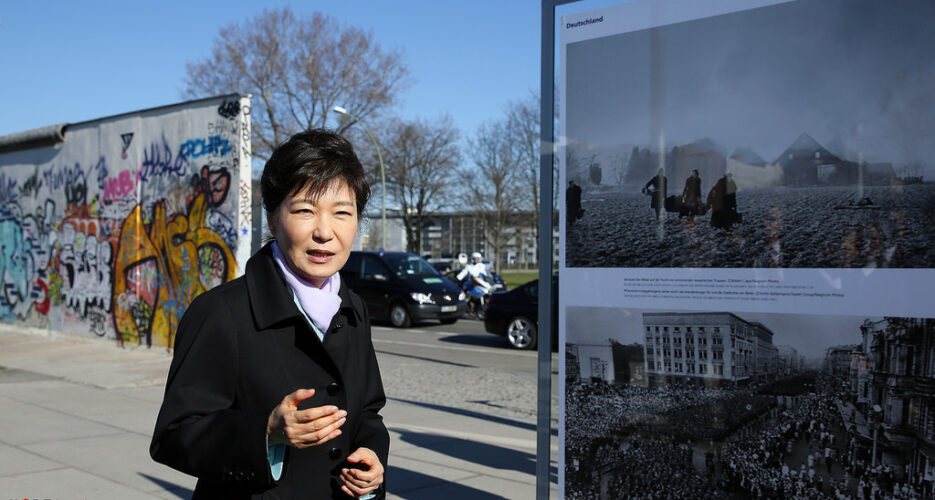2016 is yet young: We’re hardly into February. But already it’s yielding a grim winter harvest of new dates that will go into future Korean history books, to be remembered and regretted.
Hitherto it was the North, negative as ever, that had made most of the running. On January 6 Pyongyang got the new year off to a bang with its fourth nuclear test, supposedly an H-bomb. A month later on February 7 they made it a double whammy, with a satellite launch – which, as everyone knows, doubles as a partial test of an inter-continental ballistic missile (ICBM).
2016 is yet young: We’re hardly into February. But already it’s yielding a grim winter harvest of new dates that will go into future Korean history books, to be remembered and regretted.
Hitherto it was the North, negative as ever, that had made most of the running. On January 6 Pyongyang got the new year off to a bang with its fourth nuclear test, supposedly an H-bomb. A month later on February 7 they made it a double whammy, with a satellite launch – which, as everyone knows, doubles as a partial test of an inter-continental ballistic missile (ICBM).
Become a member for less
than $5.75 per week.
Unlimited access to all of NK News: reporting, investigations, analysis
The NK News Daily Update, an email newsletter to keep you in the loop
Searchable archive of all content, photo galleries, special columns
Contact NK News reporters with tips or requests for reporting
Get unlimited access to all NK News content, including original reporting, investigations, and analyses by our team of DPRK experts.
Subscribe now
All major cards accepted. No commitments – you can cancel any time.












